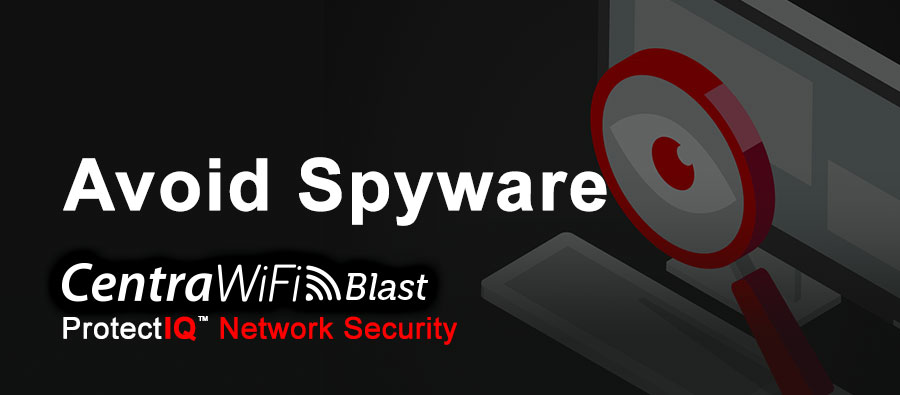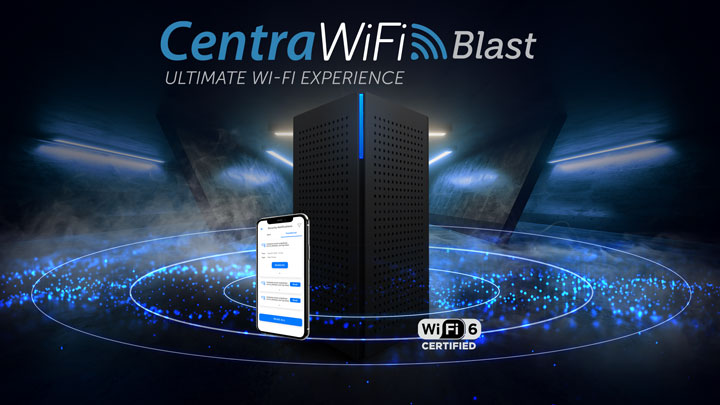
Spyware is generally malicious software designed to enter your computer device, gather data about you, and forward it to a third-party without your consent. Spyware can also refer to legitimate software that monitors your data for commercial purposes like advertising.
Whether legitimate or based in fraud, spyware’s surveillance activity leaves you open to data breaches and misuse of your private data. Spyware also affects network and device performance, slowing down your daily activities.
The data collected is sent to the creator of the application or perhaps a third-party and can be stored in a way that is recoverable at later time. Some spyware programs may monitor key presses ('keylogger'), collect confidential information (passwords, credit card numbers, PIN numbers, etc.), harvest e-mail addresses or track browsing habits. In addition to all of this, spyware inevitably affects your computer’s performance. Adware, Pornware, and Riskware include legitimately developed programs that, in some circumstances, can be used to pose specific threats to computer users, including acting as spyware.
By becoming aware of how spyware works, you can avoid the irritating issues it causes. The information gathered might be reported about your online browsing habits or purchases, but spyware code can also be modified to record more specific activities. Data compromised by spyware often includes collecting confidential information such as: Login credentials, usernames, account PINs, credit card numbers, keyboard strokes, browsing habits, and email addresses.
Firstly, protect your computer from spyware by enabling a pop-up blocker. Many browsers offer built-in blockers now, but you may want to set the filter on high to prevent anything from slipping in. Secondly, limit runnable applications to a pre-approved allow list. You can control which applications run and what permissions they have. On your admin-level account, set these permissions to always ask you before running or making system modifications. Lastly, avoid email links and attachments when possible. As another popular delivery method for malware, links and attachments can carry all kinds of malicious payloads. Even files from trusted senders can be malicious if their accounts have been hacked via phishing.
Lastly, when installing any software on your computer, make sure you carefully read all disclosures, including the license agreement and privacy statement. Sometimes unwanted software in a given software installation may be documented and appear at the end of a license agreement or privacy statement.
Spyware, and its associated malicious programs like malware and viruses, will always be a danger as long as you use an internet-connected device. Protecting your finances and identity needs to be a top priority, and it simply can't be done through understanding the problem alone. With ProtectIQ™, you will receive the internet security you need. ProtectIQ is a network-level security application that works quietly in the background and proactively keeps malicious websites, viruses, and intrusion away from your home 24x7.
With ProtectIQ™ included with the CentraWiFi Blast router, you will receive the internet security you need. ProtectIQ is a network-level security application that works quietly in the background and proactively keeps malicious websites, viruses, and intrusion away from your home 24x7.
To learn more about ProtectIQ™ watch our video.
The CentraWiFi Blast Router includes ProtectIQ™ which gives you the internet security you need. ProtectIQ™ is a network-level security application that works quietly in the background and proactively keeps malicious websites, viruses, and intrusion away from your home 24x7. ProtectIQ™ was awarded the 2022 Global InfoSec Best in Anti-Phishing, Network Security & Management system.
Download the free CentraWiFi Hub app as the Wi-Fi remote control for your the Wi-Fi in your home.







